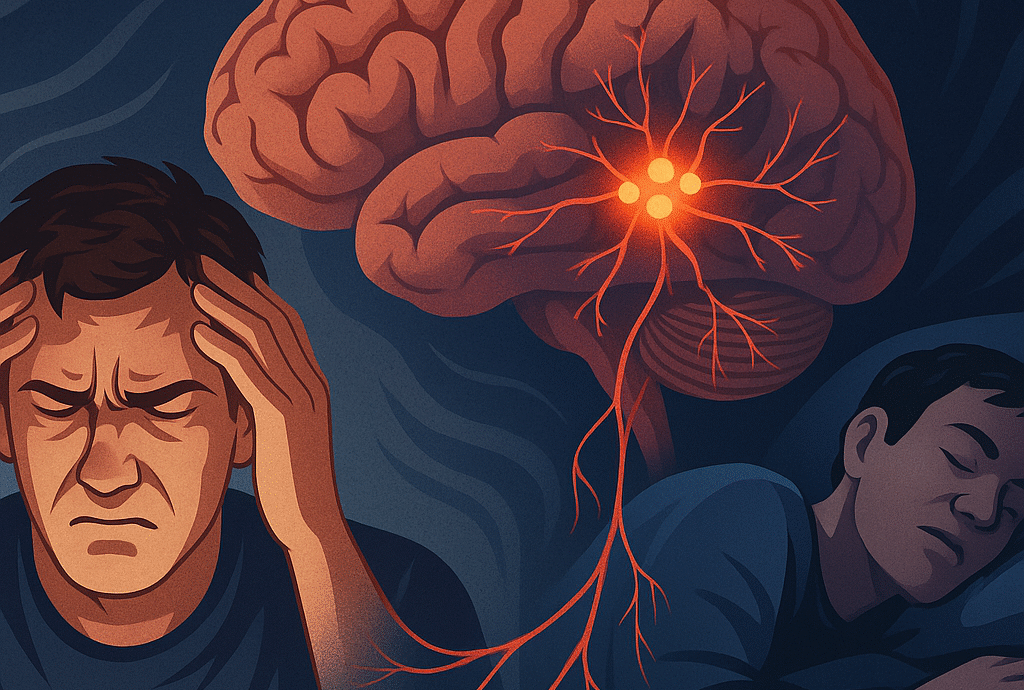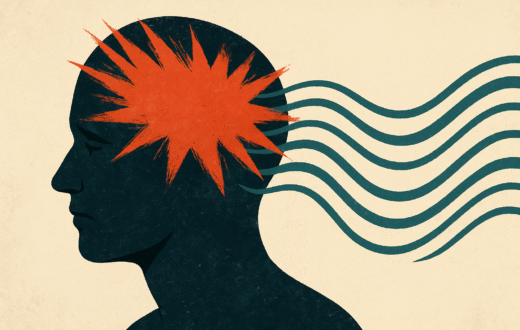How Stress Disrupts Sleep and Impairs Memory – The Brain Circuit Behind It

New research reveals how stress interferes with sleep and memory function by activating specific neurons in the hypothalamus, a brain region linked to emotional and physiological regulation.
Published in The Journal of Neuroscience, the study identifies a group of paraventricular nucleus (PVN) neurons that mediate the brain’s response to chronic stress, leading to sleep disturbances and cognitive impairments. These findings shed light on the biological mechanism that transforms emotional strain into poor sleep quality and memory loss, symptoms often associated with mental health conditions like depression and PTSD.
“I personally suffer from sleep disruptions under stress,” says co-author Shinjae Chung, neuroscientist at the University of Pennsylvania. “When I’m under pressure, especially during exam deadlines, my sleep is severely affected, and so is my memory performance”.
How the Brain Converts Stress into Sleep and Memory Issues
To explore this neural link, researchers exposed mice to acute stress by placing them in a confined space. They then monitored their brain activity during sleep and evaluated their spatial memory.
- Mice subjected to stress exhibited disrupted sleep patterns and weakened memory.
- Artificially stimulating PVN neurons mimicked these effects.
- While blocking these neurons improved sleep slightly, but significantly enhanced memory.
These results suggest that stress-related neurons can influence sleep quality and cognitive function through separate neural pathways. According to neuroscientist Kamran Diba, this means “the circuits responsible for sleep disturbance and those for memory decline may operate independently”.
Understanding this mechanism opens the door to new treatments for stress-induced insomnia and neuropsychiatric conditions, including anxiety disorders, depression, and post-traumatic stress disorder. Targeting PVN neurons could offer therapeutic benefits and possibly slow the development of more severe disorders.





